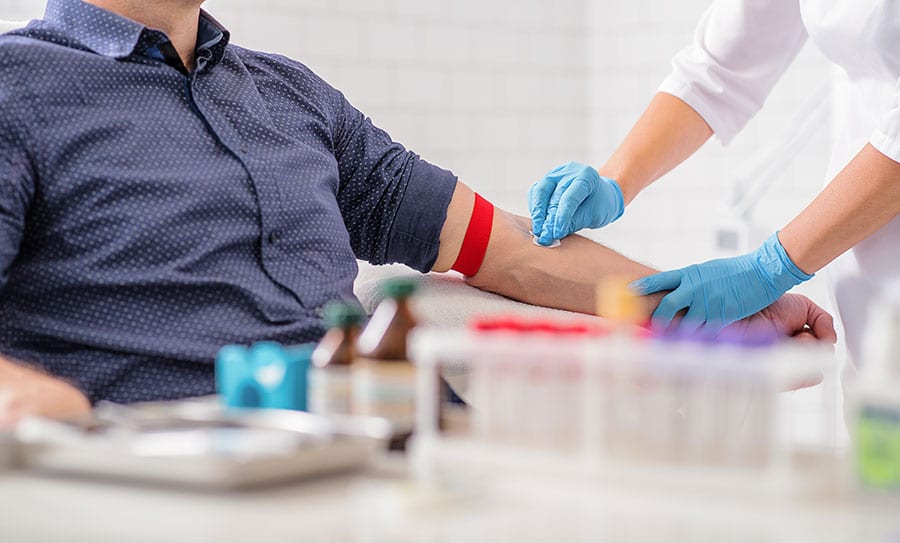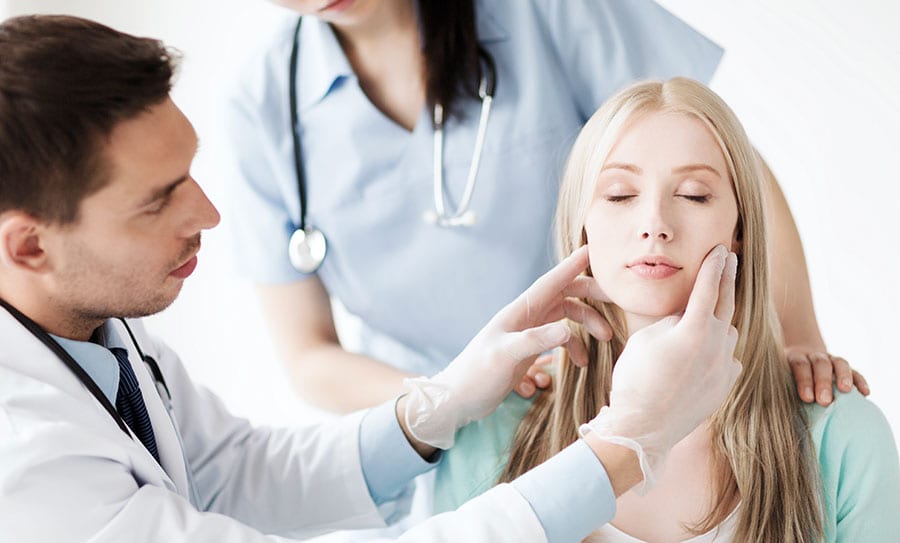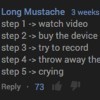10WAYS WARNING: Whilst the money may be appealing and it appears that lots of steps are put in place to prevent people having adverse side effects to clinical trials it should be remembered that in the past people have become seriously unwell & died from clinical trials in the UK. We don’t condone this as a alternative job due to the above mentioned risks but we do think it’s of interest to some considering the number of people in the UK that take part in research studies every year (over 850,000 in 2018/19).
We suggest seeking professional opinion, advice and help before contemplating medical trials as you may have missed the small print and risks, there are plenty of alternative careers available and we don’t recommend this. The NHS has a good article that should be read before you go any further.
Looking for a way to boost your income? Medical and clinical trials could be one option. Companies offer participants a fee for taking part in each of the tests, so it sounds like easy money. But is there a catch and how safe is the process?
If you’ve ever wondered what these tests are about, you’ve come to the right place. We spoke to Michelle*, a woman who has previously completed two medical trials and is about to undertake her third, to get the inside story. Here’s what she had to say about her experiences and how she has found the trials so far.
What convinced you to try medical trials?
“It seemed like easy money – I’m not very squeamish about things so it didn’t seem risky or scary, and the place I go to is smart and professional,” explains Michelle. “My friend had done one with them before and told me about it, so I guess having a recommendation from a person I knew was sensible and definitely not a risk-taker sensible really helped.”
How much money can you make?
“It really varies, but the most I’ve been paid is about £4,500. That was for a 14-night stay and two follow up visits,” says Michelle. “That’s usually what determines the amount – the inconvenience and the risk (but the risks are pretty low for women as they’re only used in later stages usually, so it’s usually more about the inconvenience). They also pay for your travel expenses – so you aren’t out of pocket – even for the initial screening.”
What do people think of you doing trials?
“People are quite freaked out by it,” explains Michelle. “I think they jump straight to the elephant man case in London years ago and think the worst. It’s changed a lot now though and seems more common with students and younger people. It’s mainly older people who are wary of it. People always want to ask what it’s like, but I don’t think I know more than one person who’s gone ahead and tried one.”
Do you have to sign loads of paperwork?
“You sign a lot of paperwork about what the trial will involve to say you’ve understood and know what to expect,” explains Michelle. You sign consent forms agreeing to do what’s listed and for the way your results and personal information will be used, who by and what for, and how it will be anonymised. You also sign paperwork confirming your health, saying you have not participated in other trials within three months, and to confirm what medication you’ve taken (if any) as well as any medical or dental treatment you’ve had.”
What is the first step of the trial?
“After the screening and approval, you check-in at the clinic ready for the trial. Some clinics make you arrive a day before, and some have reserve participants,” says Michelle. “For example, if they need 12 people, they will invite 16 in case people don’t show, or their results are unsuitable on the day.”
“If everyone is present and suitable, they will ask people to leave. The criteria is kept private, but they usually want an equal male-to-female ratio, and since fewer women apply, they usually have a better chance of being kept. You don’t get paid if you are asked to leave or if you decide to leave, so this is the worst part – when you’ve psyched yourself up for a stay but have to go home.”
 What happens once you’ve been accepted?
What happens once you’ve been accepted?
“Once you’re officially on the trial and have been dosed, you go through a daily schedule,” says Michelle. “Strict studies control when you wake up, when you shower, eat, what you eat – all around the dosing times and usually in 5-10 minute intervals with the others so you are all on staggered dosing times.”
“This varies a lot though, and your testing can too. Some days I’ve had one dose and nothing else all day, some days I’ve had hourly blood tests, even through the night. It tends to be busy during the start of the trial, quiet in the middle and busy at the end. They have games rooms, TV rooms and WiFi so you can use your time as you like, assuming you’re not required to stay in bed (which you sometimes are).”
What about when the trial is over?
“When the trial has finished, you can go home but will likely have to come back for follow-up visits, which are usually pretty short. This involves checking your final levels and making sure you are back to normal,” says Michelle. “You have to carry a card around with the trial information on it for three months afterwards, just in case you have a medical emergency. Your final outpatient visit is usually when you get paid.”
How safe do you feel during the trials?
“It’s probably the most medically safe I’ve felt. You’re being tested constantly. All of your levels are checked and recorded, with any slight changes noted,” says Michelle. “They test things you had no idea about! I’ve found out all kinds of little things I never knew about my body. You are asked how you feel throughout the day and can always chat to the nurses or doctors. Plus, there are emergency cords by every bed. I’ve never known anyone need to use one though.”
What advice would you give to anyone who wants to try it?
“I would probably say to give it a shot – you have to apply, have a chat on the phone and go to screening appointments before you begin, so there are plenty of opportunities to stop if you decide it’s not for you. Once you get to a clinic you see how busy it is and realise it’s not a risky, unusual thing to do, plus you get to meet loads of people who often have a similar outlook as you. I’ve made some really good friends from trials as well as money.”
What website should I check out?
We asked Michelle for a list of website/companies to sign up to but she felt uncomfortable recommending any for the time being and wanted to remain anonymous. We will update this post if/when we find a suitable list but this NHS website is a good place to learn more.
* The woman’s name has been changed to protect her privacy.






























